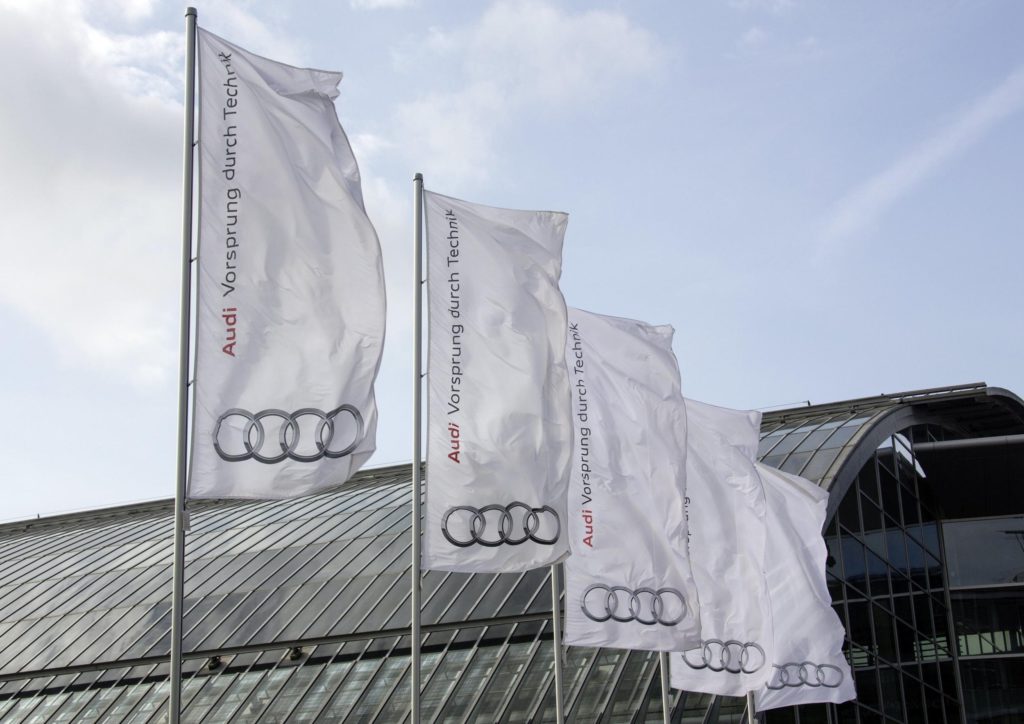Audi and Porsche to join forces on vehicle development
06 April 2017

6 April 2017
Volkswagen Group’s (VW) Audi and Porsche brands have announced they will collaborate on vehicle development, as VW looks to save money following its emissions scandal, which has cost the company up to $25 billion (€23.5 billion) in the US alone.
The pooling of resources comes as VW CEO Matthias Mueller draws up plans, like all OEMs, for efficiency savings as R&D budgets rise to fund the widening array of next-generation vehicle technologies from ride-sharing, to electric, and connected and autonomous cars.
Joint teams headed by representatives of each brand will prepare specific areas of cooperation and draw up a roadmap to 2025. While both have said the focus will be on jointly developing shared vehicle platforms, modules and components, it will probably also include electrification and autonomy. The plan follows an intense period of in-house competition for development resources, as well as cost savings at Audi. Porsche and Audi are currently competing to become a hub for electric vehicles (EVs), with Porsche’s Misson E containing its J1 electric cars platform, and Audi working on its own electric car to challenge the Tesla Model X.
Rupert Stadler, Chairman of the Board of Management of Audi, said: ′The best brains of both companies will together set the technical course for the future.’
Oliver Blume, his opposite number at Porsche said: ′Together, we will make faster progress in the race for the mobility of the future.’ VW’s volume brands are currently under pressure to be fully electric-ready by 2020. However, Blume also highlighted the perception sensitivities of the luxury brand using Audi parts, adding: ′But we will also be very careful to maintain the differentiation between our brands. A Porsche is always a Porsche, and that will remain so in the future.’
Porsche has become a strong rival engineering base since VW bought the brand in 2012, although Audi remains the central hub for core future technologies. Audi is VW’s centre of excellence for the growing SUV segment, supplying platforms to Porsche, VW’s Bentley and others. It is also the focal point for autonomous technology at the group – tech that will play a major future role in the industry as cars become increasingly capable at driving themselves.
This is a very sensible plan for VW, which will avoid excessive duplication of resources as next-gen technology budgets rise ever further, and follows the volume brands’ VW-SEAT-Skoda collaboration on its electric MEB platform. VW’s main profit engine Audi will also potentially benefit from claiming inclusion of Porsche parts in their vehicles. It gives VW a powerful R&D pool at its high margin divisions, with the benefits working together will bring, whose improved tech can then filter down to benefitting its VW, SEAT, Skoda and other brands.
Photograph courtesy of Audi AG